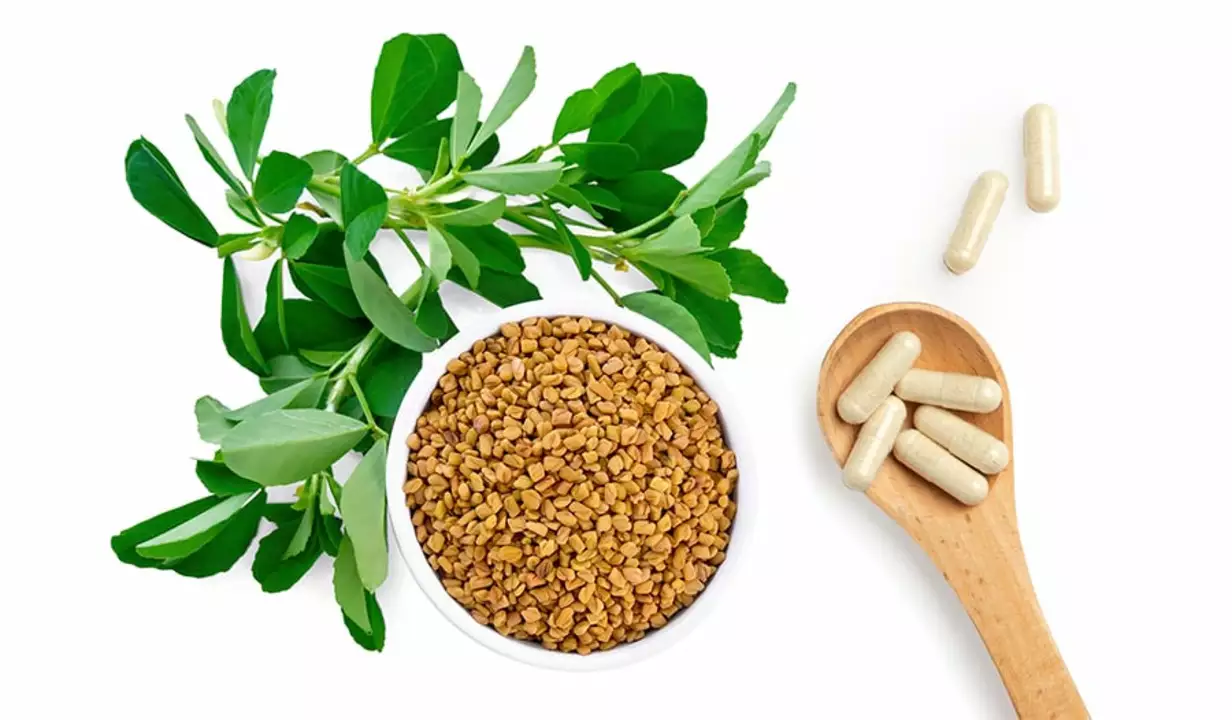Danshen (Salvia miltiorrhiza): a practical guide
Heard about danshen and wondering what it actually does? Danshen is a traditional Chinese herb used mainly for heart and circulation support. It contains active compounds like tanshinones and salvianolic acids that affect blood flow and inflammation. Below I’ll explain when people use it, what evidence exists, and the real safety points you should know.
What danshen is used for
People take danshen for chest pain, poor circulation, and some liver issues. Laboratory research shows its compounds can improve microcirculation and reduce blood clotting tendencies. Small clinical trials, mostly from China, report reduced angina frequency and improved blood flow when danshen is used alongside standard care. That said, the high-quality trials you’d expect for mainstream drugs are limited, so danshen is usually considered a complementary option rather than a replacement for prescription treatments.
Forms you’ll find: dried root (for teas), standardized capsules or tablets, tinctures, and injectable extracts used in some hospitals in Asia. Capsules and tablets are the most common for home use.
Safety, dosing, and buying tips
Safety first: danshen can thin the blood. If you take warfarin, aspirin, clopidogrel, or other blood-thinning drugs, danshen may increase bleeding risk. It may also interact with some prescription drugs, so always check with your doctor or pharmacist before trying it.
Typical doses vary: traditional decoctions often use 3–10 g of dried root daily. Modern capsule extracts commonly range from 200–500 mg taken two to three times a day, depending on the product’s standardization. Follow the label and ask a healthcare pro for a dose that fits your situation.
Side effects are usually mild: stomach upset, headache, dizziness, or skin reactions. Serious problems are rare but include excessive bleeding. Avoid danshen if you’re pregnant, breastfeeding, or facing surgery soon.
Buying tips: choose products from reputable brands that list the botanical name (Salvia miltiorrhiza) and active markers like tanshinone or salvianolic acid. Look for third-party testing or good manufacturing practice (GMP) certification. If you need strong effects or injections, get care from licensed medical providers—don’t try invasive forms at home.
Want to try danshen? Tell your doctor what other medicines and supplements you take. If you notice easy bruising, unusual bleeding, or new symptoms after starting the herb, stop it and seek medical advice. Danshen can be useful, but used wisely and with medical guidance.
If you want, I can summarize key research papers, list trusted brands, or compare danshen to other circulation-support herbs like ginkgo. Which would help you most?

